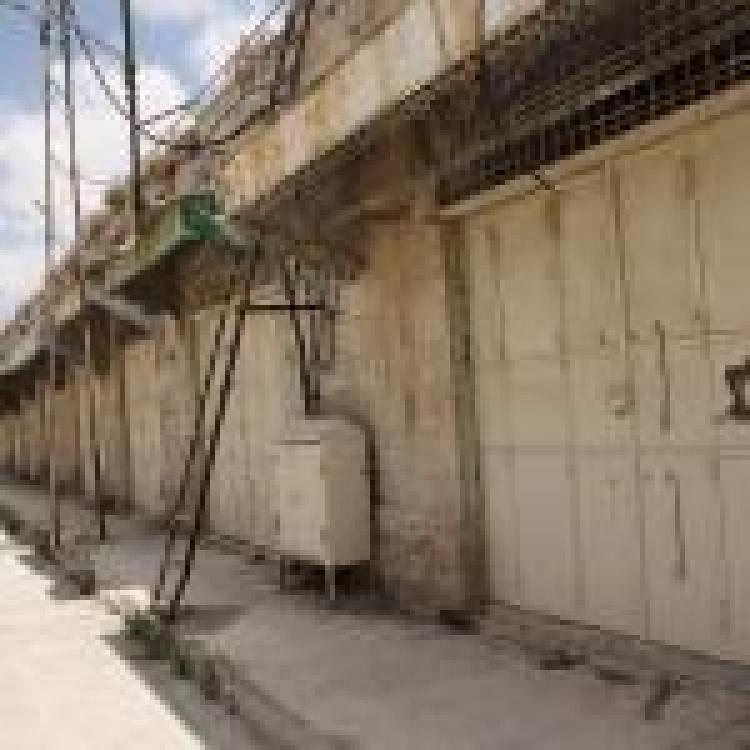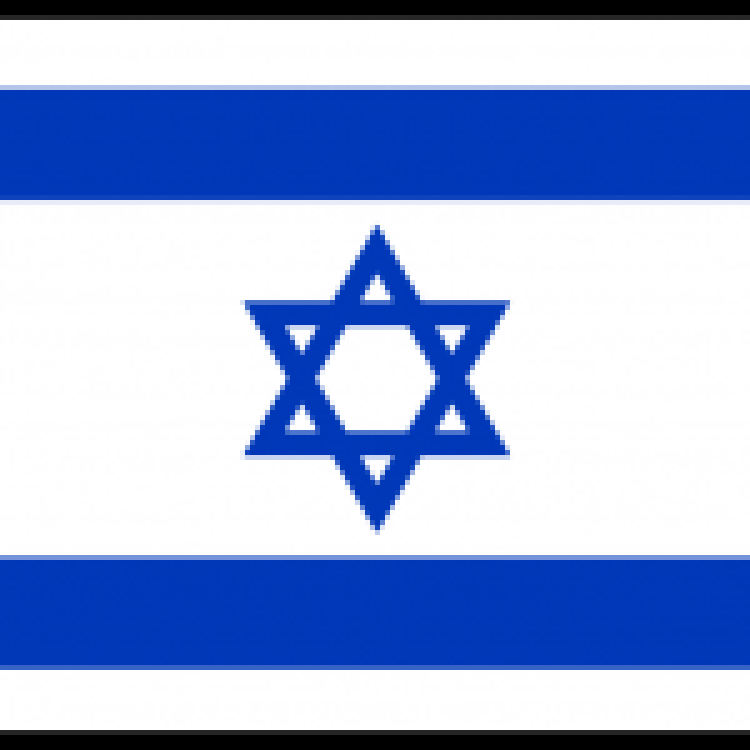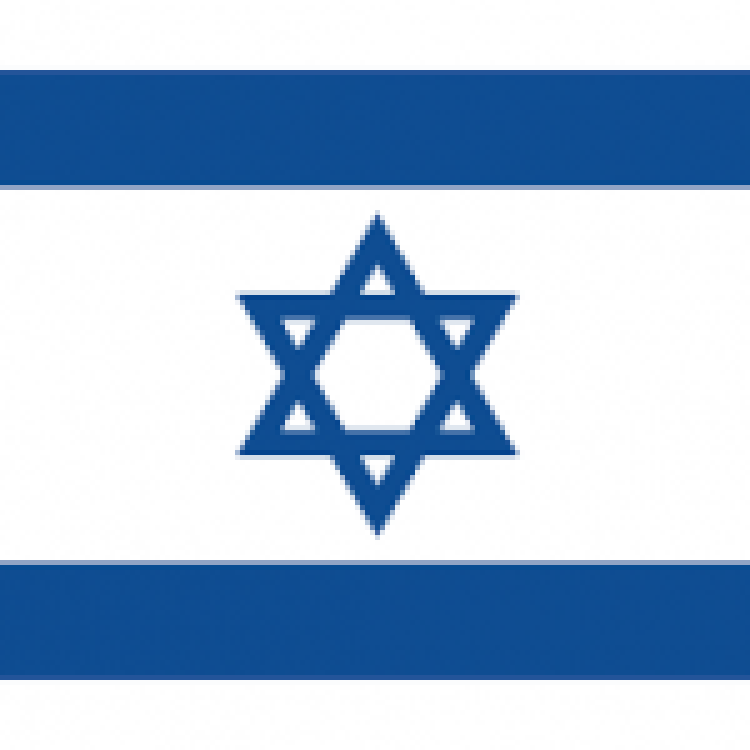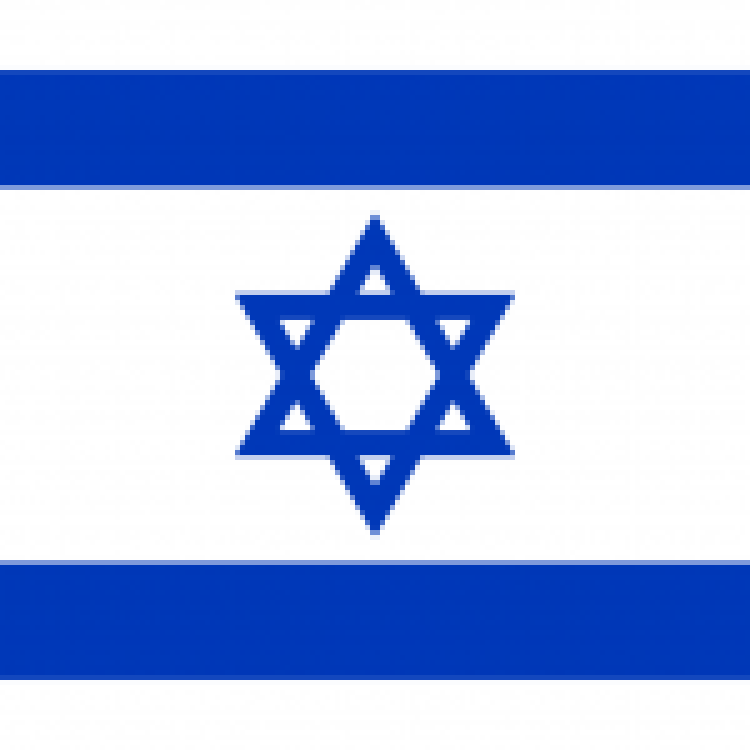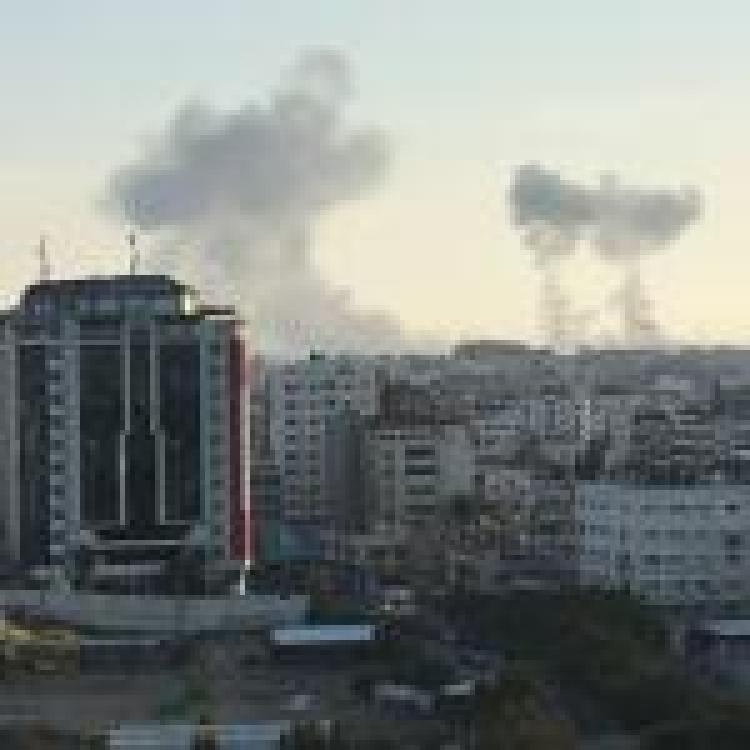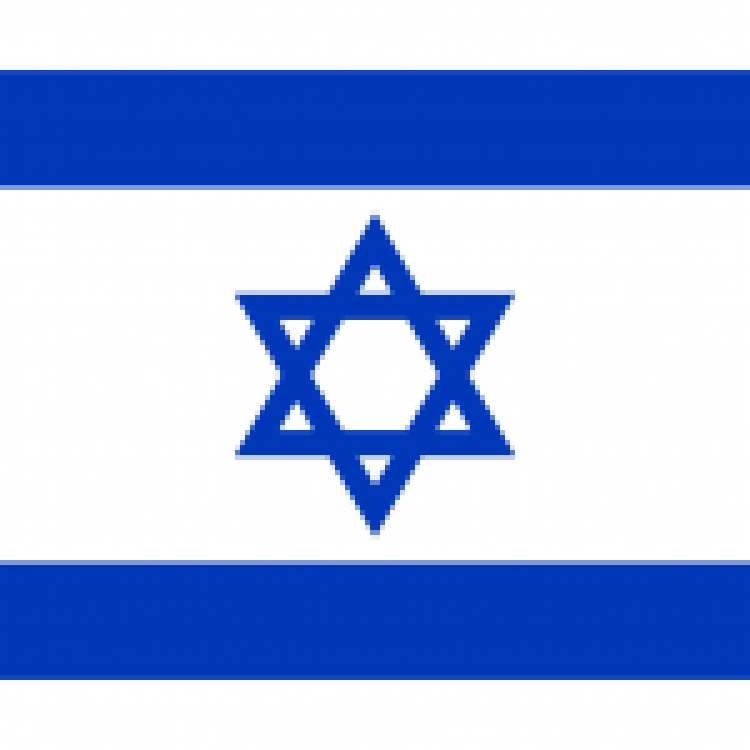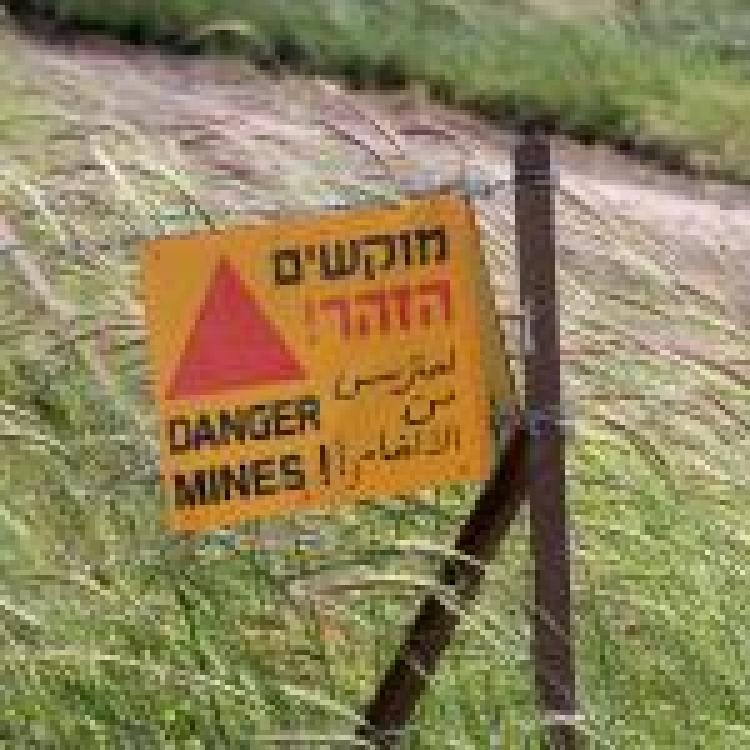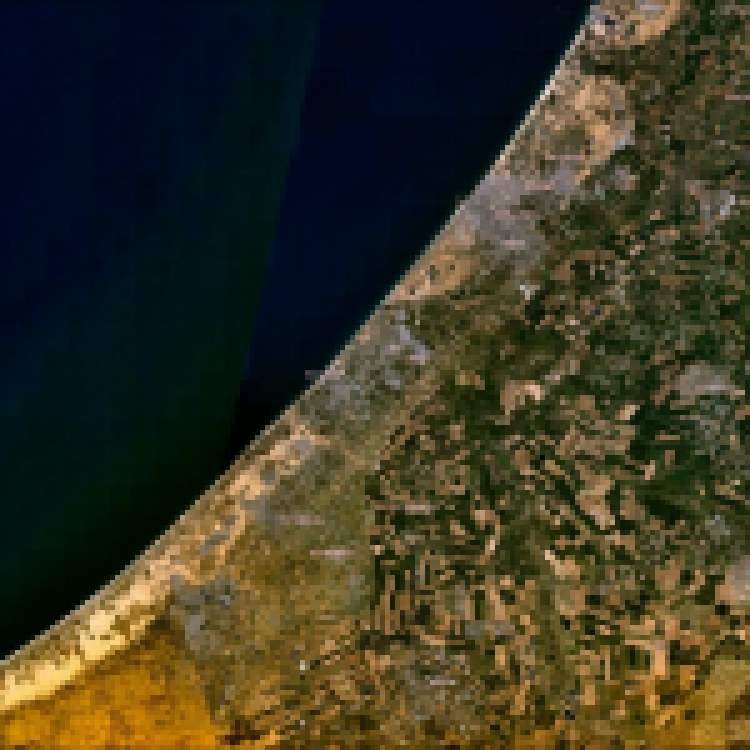.jpg)
(Photograph Andrew Parsons/ i-Images)
After gaining a landmark majority of in the UK general election, the Conservative government is to introduce an anti-BDS (Boycott Divest and Sanction) bill which would make it illegal for any public body to work with organisations that boycott, divest or sanction Israel in any way.
UK Special Envoy for post-Holocaust issues, Erik Pickles, announced the bill whilst speaking in Jerusalem on Sunday. He further claimed that “BDS is antisemitic and should be treated as such”. This measure would prevent local Labour party councils from supporting groups which boycott Israel.
This news follows an executive order in the US which redefined Judaism as a nationality instead of a religion. Under this bill antisemitism is to include any “targeting of the state of Israel”.
Both the US and UK bill were introduced with the stated intention of curbing anti-semitism but have been criticised for playing into anti-Semitic tropes by conflating Jewish and Israeli identity.
The US progressive Jewish group “If Not Now” maintained that the US executive order was “not about keeping Jews safe. It's just more antisemitism”. They further stated;
"The order defines Judaism as a 'nationality,' promoting the classically bigoted idea that American Jews are not, well, American."
"Conflating criticism of the Israeli government with antisemitism is actually antisemitic because it implies that all Jews agree with, and are responsible for, Israel's actions".
The UK Conservative party previously attempted to pass an anti-BSD bill three years ago but was blocked by the High Court which viewed the measure as unlawful and outside of the powers of the government.
The UK Conservative party is also facing criticism for two newly elected MPs, Sally-Ann Hart and Lee Anderson, who shared anti-Semitic conspiracy theories about the Jewish philanthropist George Soros who was accused of controlling the EU.
Read the New York Times reporting here and the Jeurseulm Post's reporting here.

